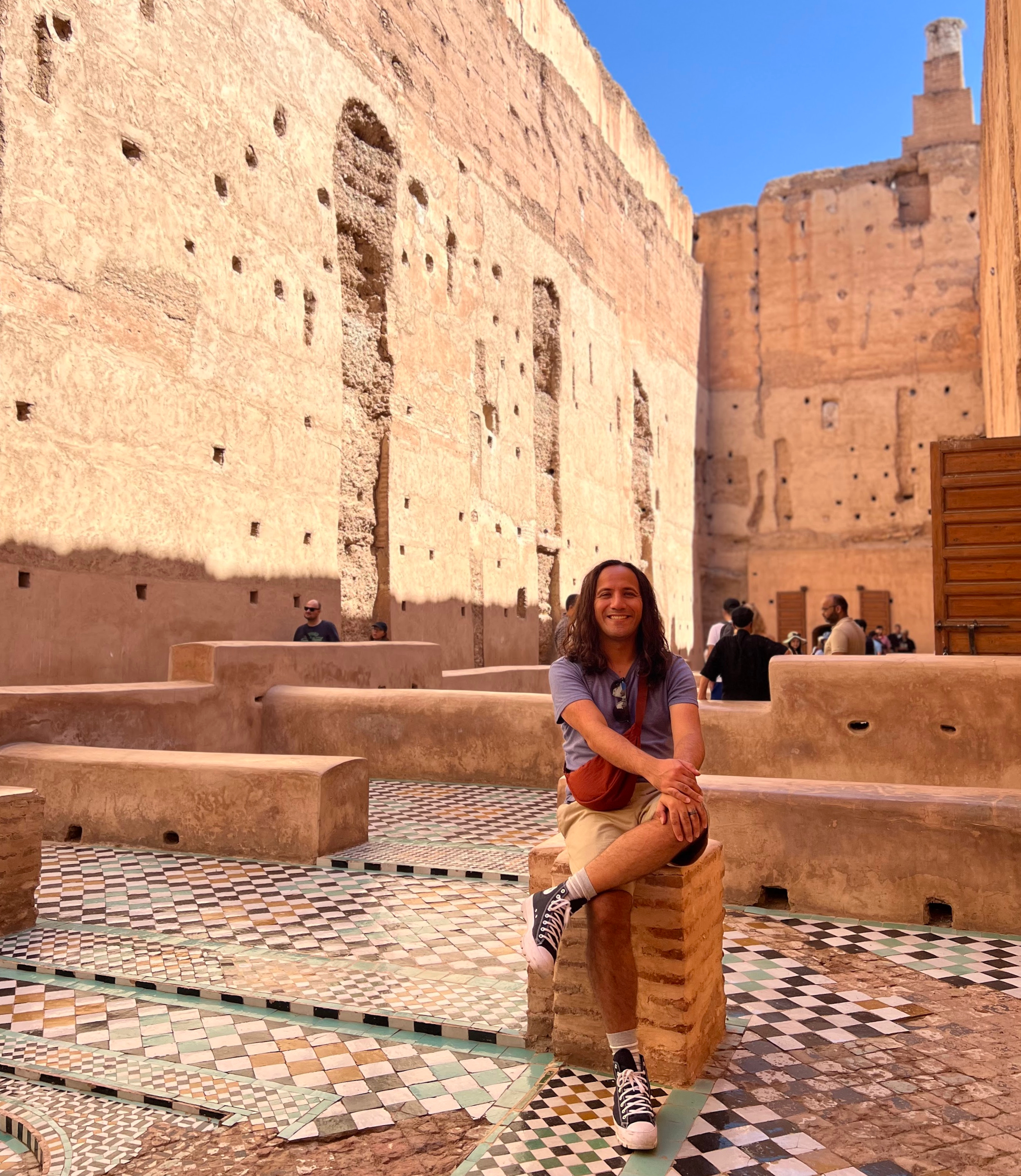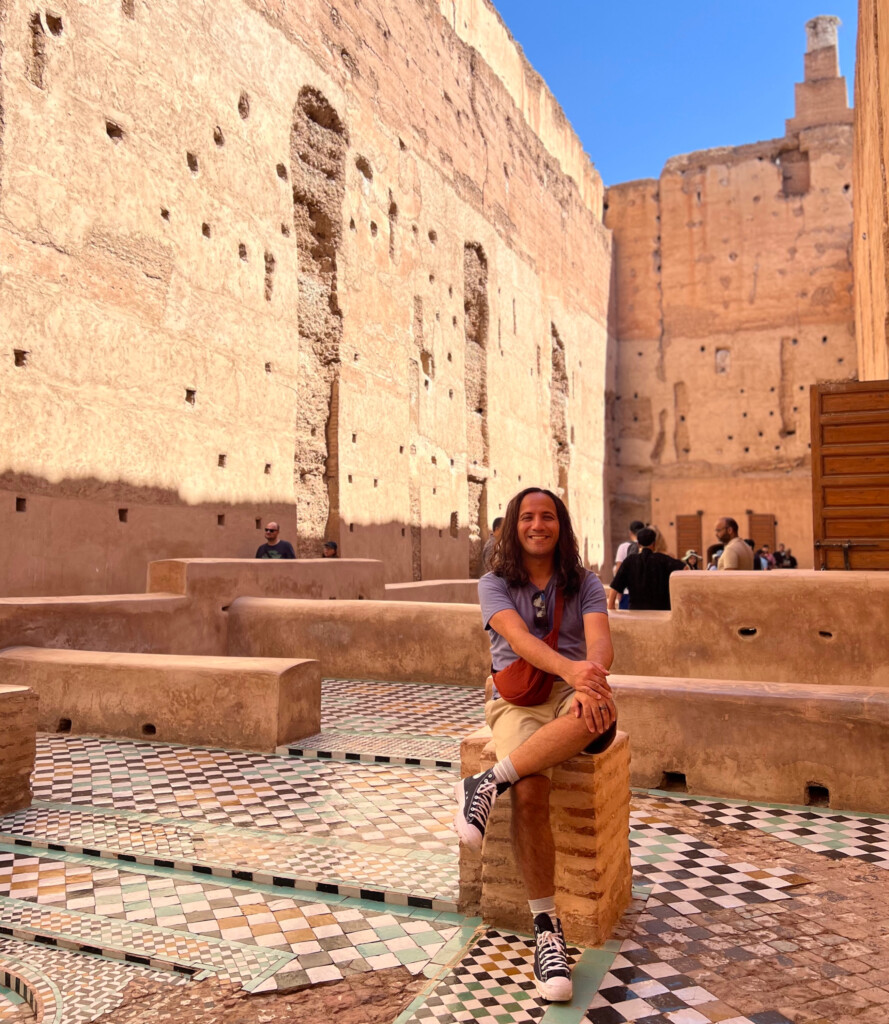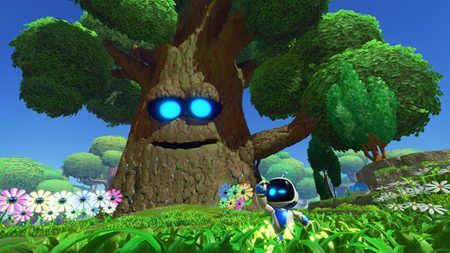We’re back with a new article in our ongoing “Away From the Keyboard” series, featuring in-depth interviews with people at MongoDB, discussing what they do, how they prioritize time away from their work, and approach to coding.
Everton Agner, Staff Software Engineer at MongoDB, talked to us about why team support, transparent communication, and having small rituals are important for creating healthy work-life boundaries.

Q: What do you do at MongoDB?
Ev: I’m a Staff Software Engineer on the Atlas Foundational Services team. In practice, that means that I develop systems, tools, frameworks, processes and provide guidance within our systems architecture to other engineering teams so they can deliver value and make their customers happy!
Q: What does work-life balance look like for you?
Ev: My team is hybrid and distributed. I enjoy going to our office a couple of times every week (but don’t have to), and all of our team processes are built with remote friendliness in mind, which is very helpful. Occasionally, I go on call for a week, and make sure that my laptop is reachable in case something happens and it needs my attention. On my team, when there’s an on-call shift during a particular day or weekend that is really inconvenient, we are very supportive, and usually someone is able to swap rotations.
Q: How do you ensure you set boundaries between work and personal life?
Ev: It’s very easy to fall into the trap of never really disconnecting, thinking about or really just working all day when it’s just an open laptop away. As a rule of thumb, I tell myself that I only ever spend time outside of business hours doing anything work-related when I am not asked or expected to do so by anyone. When I do it, it’s because I want to and will likely have some fun! On the other hand, I’m very transparent when it comes to my personal life and responsibilities, as well as any work adjustments that are needed. Transparency is key, and I’m very lucky that all my managers at MongoDB have always been very accommodating.
Q: Has work/life balance always been a priority for you, or did you develop it later in your career?
Ev: It always was, but I struggled a bit during my first experience working from home in a hybrid model. Over time, I realized that the small rituals I’ve done during the days I commuted to the office, like getting ready in the morning and driving back home after work, were essential for me “flipping the switch” into on and off of work mode. Developing new rituals when I worked from home—like making sure I had breakfast, took care of my pets, or exercising after work—was essential for me to truly disconnect when I close my laptop. Otherwise I would struggle to enjoy my personal time during the evening or would think about work right after waking up in the morning.
Q: What benefits has this balance given you in your career?
Ev: I feel like both my personal and professional lives benefited from that. On the personal side, it’s really nice to know that my work schedule accommodates me not being a big morning person, and that it can take personal appointments that can overlap with business hours, like language classes (I’m learning Japanese currently!). On the professional side, sometimes I personally find it productive to spend some time during off-hours to research, write experimental code or documents, or just get ready for the next day while everything’s quiet.
Q: What advice would you give to someone seeking to find a better balance?
Ev: For me, work-life balance means being able to fully dedicate myself to my personal life without affecting success at my job and vice-versa. Most importantly, it is important to make sure that it’s sustainable and not detrimental to your health. On a more practical note, if you have access to work emails or communication channels on your phone, learning how to set up meaningful notifications is critical. If your phone notifies you of anything work-related outside of working hours, it needs to be important and actionable!
Thank you to Everton Agner for sharing their insights! And thanks to all of you for reading.
For past articles in this series, check out our interviews with:
Interested in learning more about or connecting more with MongoDB? Join our MongoDB Community to meet other community members, hear about inspiring topics, and receive the latest MongoDB news and events.
And let us know if you have any questions for our future guests when it comes to building a better work-life balance as developers. Tag us on social media: @/mongodb
#LoveYourDevelopers
#AwayFromTheKeyboard
Source: Read More


